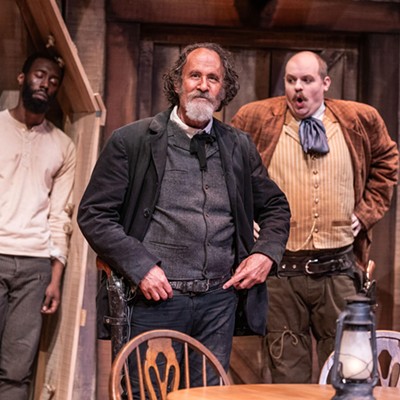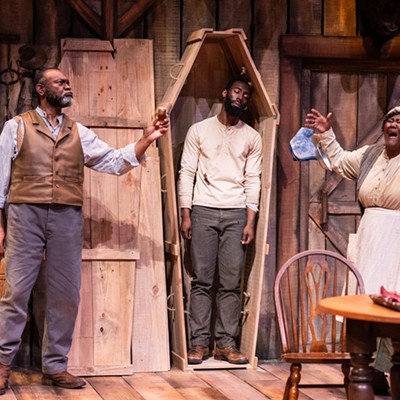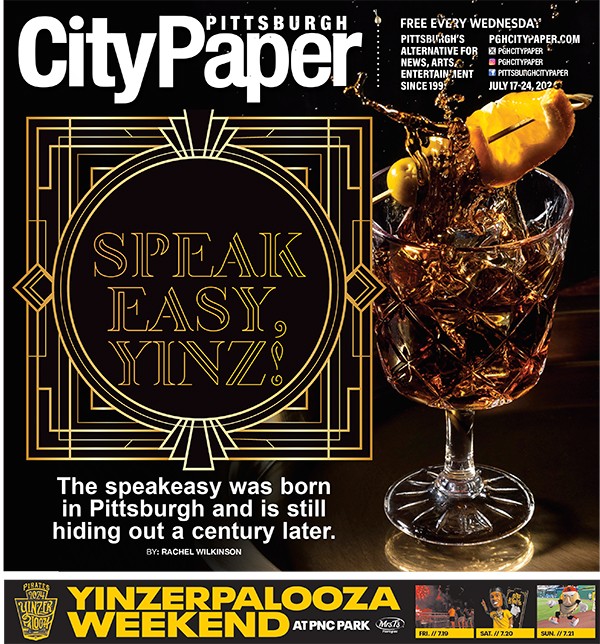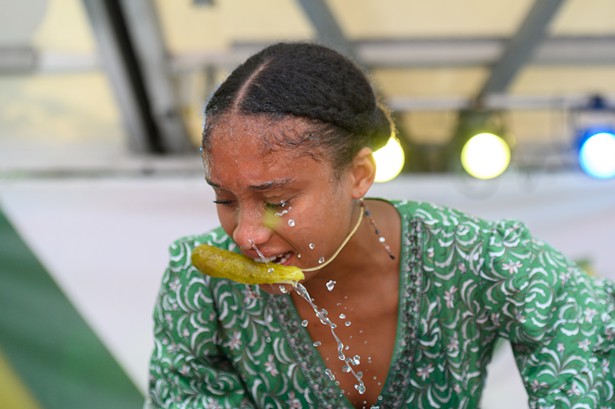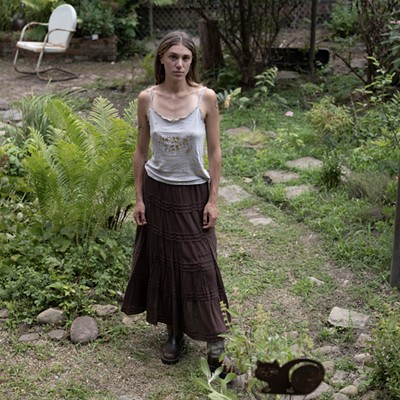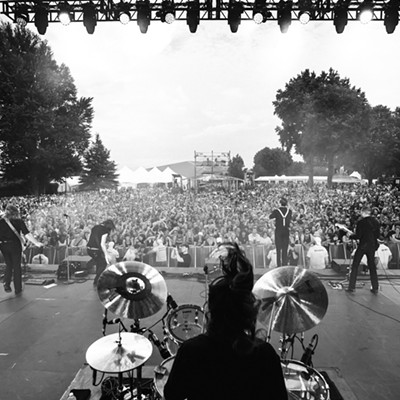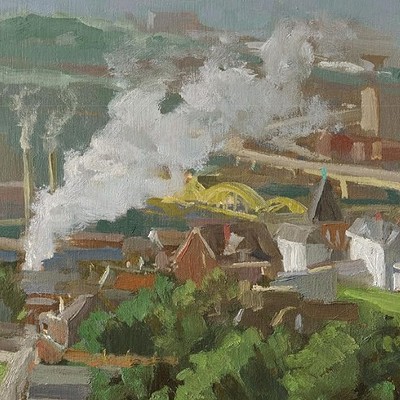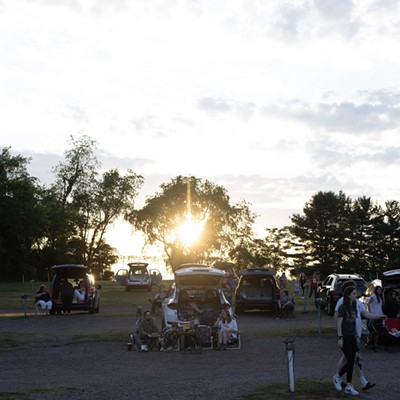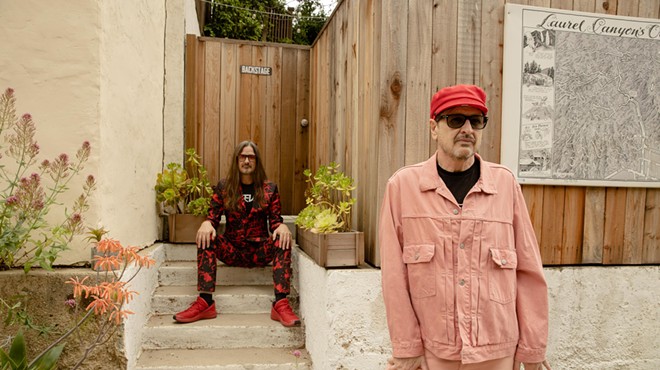Name: Randy Kovitz, Lawrenceville
Title: Fight Director
Recent projects? Hamlet (Pittsburgh Public Theater), The Hard Problem (Quantum Theatre), Nomad Motel (City Theatre Company), Hir (barebones productions), Up And Away (CLO Cabaret), Ma Rainey’s Black Bottom (Pittsburgh Playwrights)
Next up? Dark Play, directed by Adil Mansoor at Carnegie Mellon University
Are you part of a professional organization? I am unaffiliated. I trained for seven years with a master and don’t belong to any organized group. I just do my work.
What do you do? First job is to keep the actors safe. Second job is to make sure the story is told and create the director’s vision in a way that is dynamic and interesting and actable.
Does this happen in rehearsal or before? I read the play and research the period, but I’m a practical person. The best way to stage a fight scene is to ask the actor, “What do you want to do here? What is your instinct? Punch him in the face, or run away?” Their impulses usually come from the most creative part of their brain.
How did you start? When I was a drama student at Carnegie Mellon, they brought in British fight director B.H. Barry. After I graduated and moved to New York, I did a real old-school apprenticeship with him, assistant teaching with him at Julliard, Circle In The Square, NYU, private classes, every show he choreographed.
Is it something that you fell in love with the first time you did it? Yeah. I was not very athletic — a drummer, kind of a hippie. B.H. got me doing things I could never do. I had never thought of myself in that way. I discovered a new part of myself. I honestly got in touch with a darker part of myself, and, when you’re a young kid, that darkness is really really attractive.
My attitude towards fights has changed completely. At first, I really wanted to shock the audience. I still want to, but for a different reason.
What changed? I was carjacked and beaten pretty badly in Los Angeles in 1993. I still have a steel plate in my face. I was about to start the remount of a play called The Kentucky Cycle. I went into the first rehearsal, and I said, “I’ve changed the way I work. I want the audience to be completely repulsed by this violence, I want them to feel how much a punch hurts, I want the pain to last, I want them to be revolted, and I want to make a statement about that.”
Are actors generally pretty excited to do fights? It runs to both extremes. They’re either really excited or they’re terrified. Either one works. I’ll ask everyone to embrace the Zen concept of beginners’ minds, so that they come in as if they know nothing. When they do, it pays off because they’re able to discover new.
Do you teach? I would love to! I have previously. I’m looking to teach more. I’m going to talk to a few places to see if I can do some workshops.
What kind of fights do you like best? I just like fights that have surprises. I like the classic fight where the underdog is outmatched and somehow comes from behind. I like fights that incorporate unexpected elements. I’ve used mops and buckets, books … Once when I was also acting as a preacher, at one point, I closed my bible and hit somebody with it.
In Superior Donuts at Pittsburgh Public Theater, a fight was won by using a sack of flour to bludgeon the midsection of a character with a stomach ulcer. Those are the kind of things I love because the audience thinks one thing, and you completely pull the rug out from under them.



